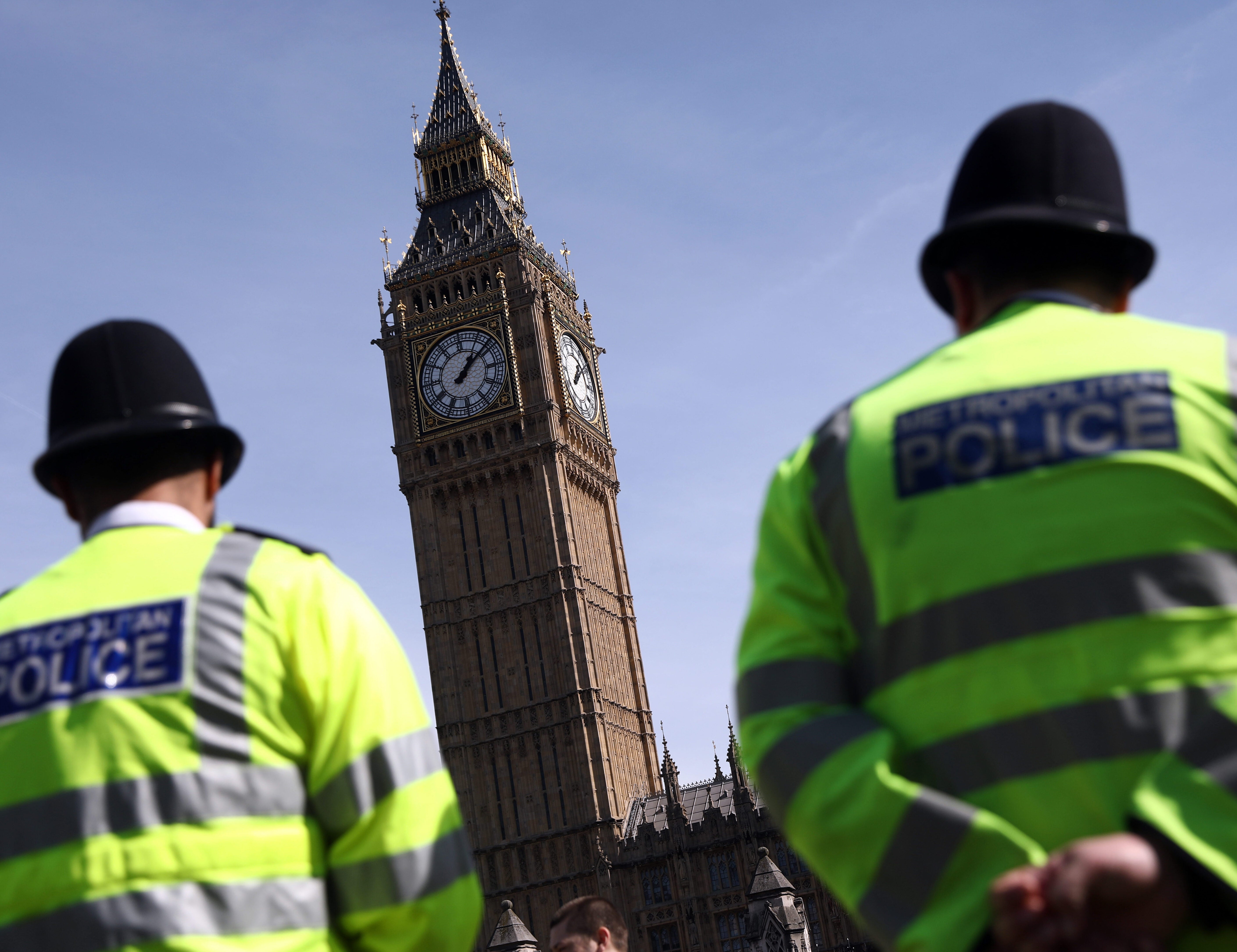
A Tory MP has been arrested on suspicion of rape – but has not yet been identified by either the media or Parliament.
The Sun was the first on Tuesday night to break the news that a serving MP had been arrested and bailed on suspicion of rape, sexual assault, indecent assault, abuse of position of trust and misconduct in a public office.
But the arrest came after a string of privacy rulings that have changed how newspapers treat public figures under suspicion of a crime.
Previously the precedent was to name suspects after arrest when there was a public interest in doing so.
The Leveson Report, published in November 2012, recommended anonymity in the event of arrests but this was later condemned by media organisations who said if children’s entertainer Rolf Harris had not been named after his 2013 arrest – initially by The Sun – then other victims and witnesses may not have come forward.
However, most recently, in February the Supreme Court ruled against Bloomberg in a privacy ruling now being cited by The Times as one of the reasons it cannot name the MP.
The judgment means that a person under criminal investigation has a right to privacy before they are charged – helping to cement a change in precedent.
The Supreme Court ruling said: “Once it is established that the relevant information was that a person, prior to being charged, was under criminal investigation then the correct approach is for a court to start with the proposition that there will be a reasonable expectation of privacy in respect of such information.”
The ruling built on the 2018 High Court finding that the BBC breached Sir Cliff Richard’s privacy with its coverage – including a helicopter hovering over his home – of a police investigation into an allegation of historical child sex assault made against him. Sir Cliff was never arrested or charged.
The BBC decided not to appeal the ruling even though it believed the judges “erred in law” with the finding that journalists normally have no right to name someone under criminal investigation. It did urge the Government to look into the law but no such review has taken place.
The Cliff Richard decision also contributed to a ruling against Mail Online publisher Associated Newspapers in January 2021 which found it should not have named a man arrested on suspicion of involvement in the 2017 Manchester Arena terror attack but never charged.
Media law expert David Banks tweeted on Tuesday night of the Tory MP’s arrest: “Recent privacy cases mean most newspapers, broadcasters and mainstream online titles will not name unless he is charged.”
Banks added: “In some circumstances the identity of an accused person can lead to the identity of a complainant. Normal media practice is to blur any links between them, but great care is needed to do this effectively.”
The Times story of the arrest noted that the Conservative whips feared naming the man could also lead to the identification of the alleged victim or victims.
Naming the MP in this case would raise a risk of civil litigation for breach of privacy by the MP concerned. They could still argue that there is a public interest in naming the man because he is a holder of public office, but the Bloomberg judgment suggests this would be highly risky.
Everyone who makes an allegation of a sexual offence is entitled to automatic lifetime anonymity under the Sexual Offences Act. Media organisations must be careful to avoid jigsaw identification by, between them, publishing different identifiers of the alleged victim or links with the accused.
Picture: Reuters/Neil Hall
Email pged@pressgazette.co.uk to point out mistakes, provide story tips or send in a letter for publication on our "Letters Page" blog
